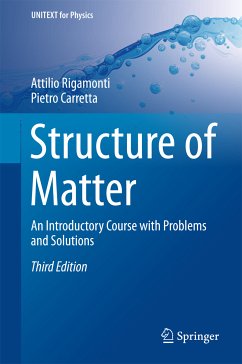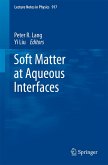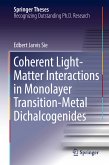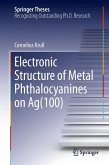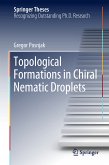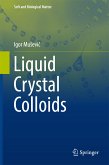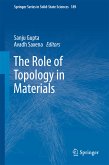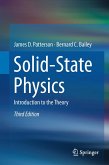This textbook, now in its third edition, provides a formative introduction to the structure of matter that will serve as a sound basis for students proceeding to more complex courses, thus bridging the gap between elementary physics and topics pertaining to research activities. The focus is deliberately limited to key concepts of atoms, molecules and solids, examining the basic structural aspects without paying detailed attention to the related properties. For many topics the aim has been to start from the beginning and to guide the reader to the threshold of advanced research. This edition includes four new chapters dealing with relevant phases of solid matter (magnetic, electric and superconductive) and the related phase transitions. The book is based on a mixture of theory and solved problems that are integrated into the formal presentation of the arguments. Readers will find it invaluable in enabling them to acquire basic knowledge in the wide and wonderful field of condensed matter and to understand how phenomenological properties originate from the microscopic, quantum features of nature.
Dieser Download kann aus rechtlichen Gründen nur mit Rechnungsadresse in A, B, BG, CY, CZ, D, DK, EW, E, FIN, F, GR, HR, H, IRL, I, LT, L, LR, M, NL, PL, P, R, S, SLO, SK ausgeliefert werden.

